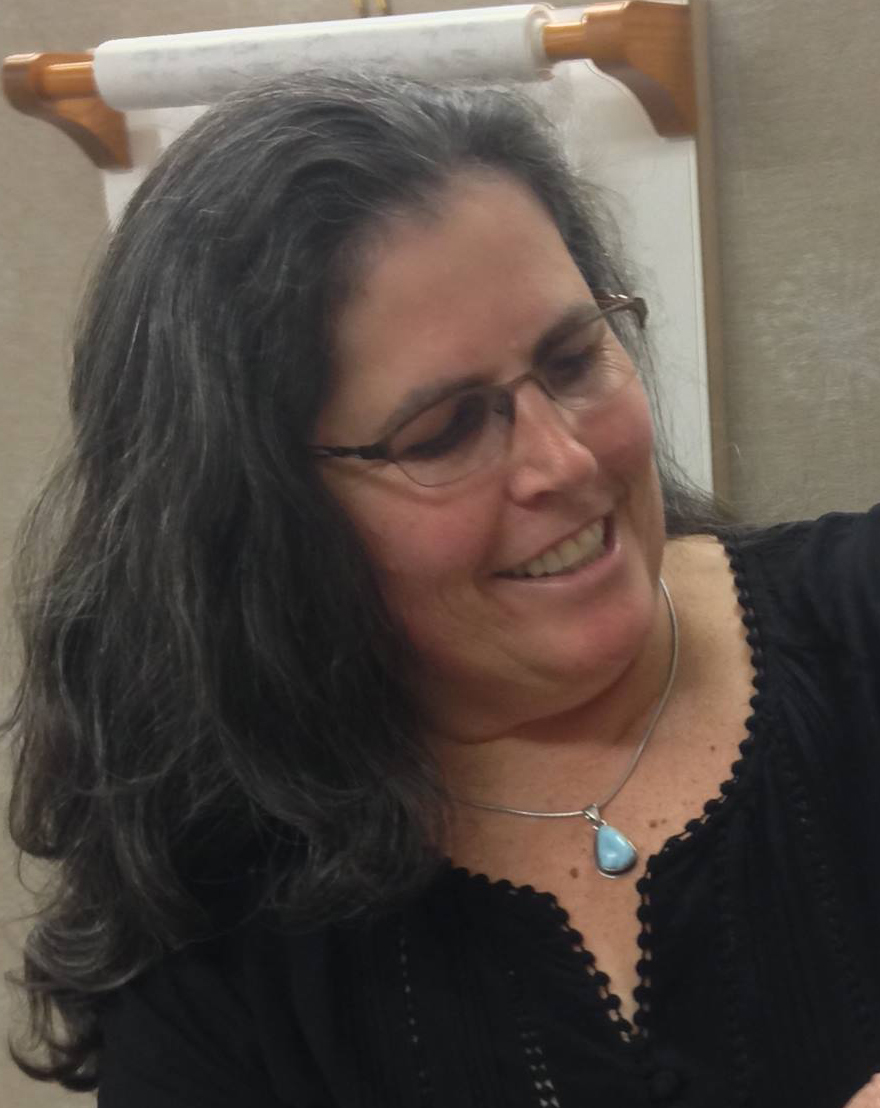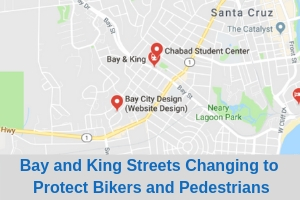By Laura Maxson
Most parents are laser focused on birth, and the first few months postpartum, then they hit the ground running and things rarely slow down.
The needs of a new baby are clear and insistent, but fast forward to toddler time. Suddenly the newborn is crawling about, dumping over the cat’s food, and chewing on the tv remote. This behavior might be seen as normal inquisitiveness by one parent, and defiance by another.
Each parent brings their own history and family upbringing into a parenting partnership. Their own life experience can feel like the norm, especially if they have never really explored parenting issues.
Two different parenting perspectives coming together with a lively two- or three-year-old in the house may lead to friction. This can be a vulnerable time for parents, especially when the tension is unexpected. Families might need to invest a bit of time and effort to resolve issues before they escalate.
Parenting is difficult when family life is filled, not only with the challenging behavior of a young child, but also with arguments and power struggles between parents. Being proactive and anticipating the need for new skills, strategies, ideas, and support around parenting a toddler (and beyond) can be a big plus.
There will always be differences in parenting styles. It can take real commitment to understand where each person is coming from and make a parenting plan to go forward together.
Parenting classes and support/play groups can help discussions and decisions be less focused on each other and more focused on child-development research and theory. By learning together parents can be on the same page as they develop parenting strategies that grow with their family.
There are a variety of options for parenting support in Santa Cruz County. Families can take advantage of.
Triple P, Community Resource Centers, and Positive Discipline Community Resources offer classes and support for families, and the larger community, in person and via zoom – on a sliding scale.
Play/support groups are available in a variety of locations countywide. An assortment of independent parenting coaches and counselors provide another option for support. The majority of these resources provide services in Spanish. Here’s a snapshot:
Community Bridges Family Resource Collectives: Our programs and services include food distribution, mental health counseling, parent education workshops, public benefits enrollment assistance, youth tutoring and more.
Independent Parenting Coaches: Offer parenting support groups, individual coaching, workshops, and/or playgroups. May include a variety of parenting techniques based on Attached at the Heart, Heart to Heart Parenting and others.
Positive Discipline Community Resources: We want to help parents enjoy more ease and positive connection in their parenting over the long-term while helping their children to learn and thrive.
Raíces y Cariño/RC FAM, Watsonville: We commit to providing families with support systems that lead to finding connections, empowerment, and wellbeing for the whole family.
The Circle Family Center, Aptos: We offer groups, classes & workshops to support families as they navigate pregnancy, birth, postpartum, and parenting.
Triple P: Parenting is very rewarding and enjoyable, and it can also be challenging and exhausting. There is no one right way to be a parent – it is up to you to decide what values, skills, and behaviors you want to teach your child.
With so many forms of help, from general parenting seminars and workshops, to help with specific topics, and one-on-one sessions; there is a fit for every family and every pocketbook. The resources listed above are just a few of the parenting education opportunities available.
Just as childbirth classes are encouraged for an upcoming birth, wouldn’t it be nice if parenting support classes were just as popular? It’s never too early to start, and certainly once issues are identified, it’s never too late to begin.
Instead of falling into default patterns that may not be supportive of each other or the child, parents can work with intention to safeguard those relationships by being proactive about developing a parenting style together.








